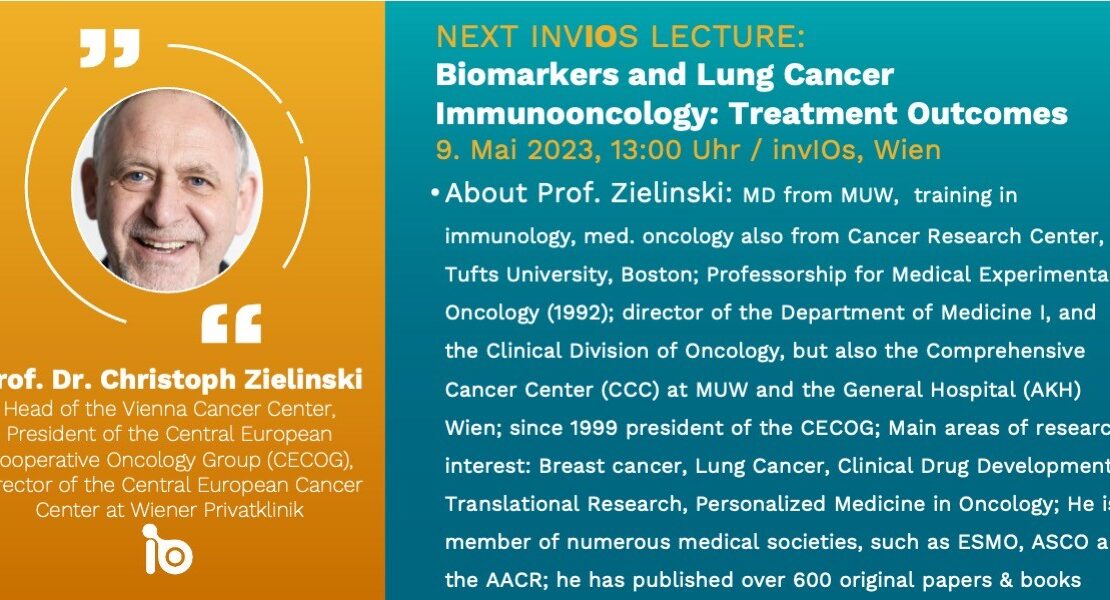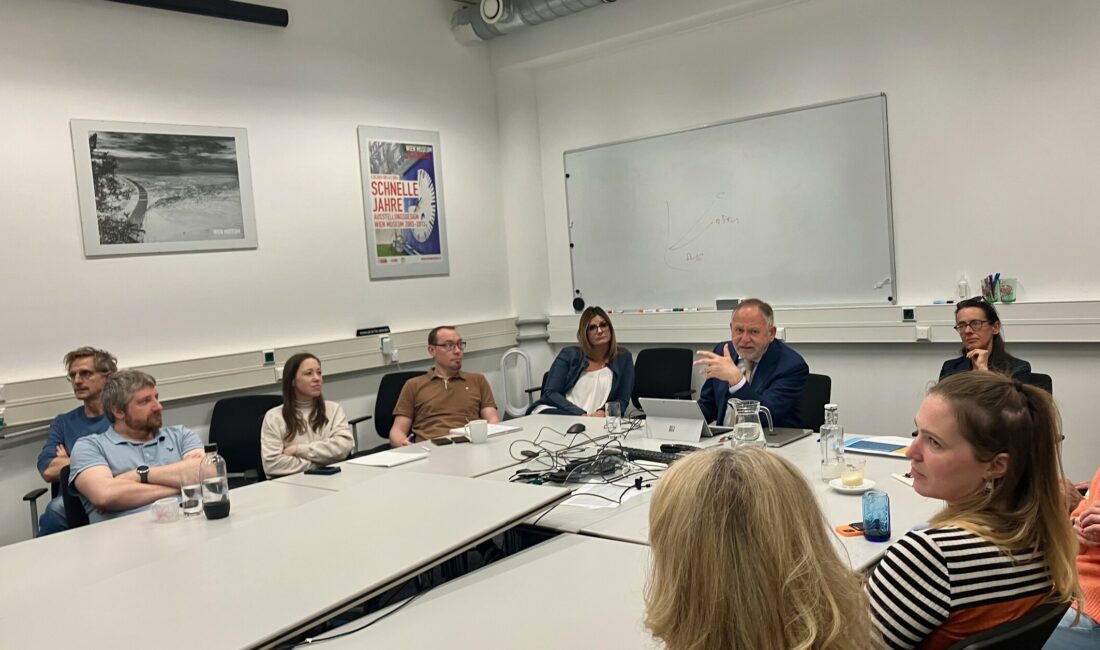In Professor Zielinski’s words, ICIs have “remarkably widened our therapeutic armentarium” for treating non-small-cell lung cancer (NSCLC). However, as he also noted, while ICIs have been part of clinical practice for a decade, we still have “only limited biological understanding of their clinical efficiency”, largely based on a partial lack of the underlying biomarkers to predict responses, as well as complex tumor biology. Deepening this understanding will require more years of patient, joined-up research and analysis involving multiple players including clinicians, academic researchers and companies.
Professor Zielinski is the President of the Central European Cooperative Oncology Group (CECOG) and is currently Director of the Central European Cancer Center at Wiener Privatklinik, Vienna, Austria, and Editor in Chief of “ESMO Open – Cancer Horizons“, an online scientific journal of the ESMO – European Society for Medical Oncology, where he is also member of the Council. He has published more than 600 original papers and reviews, as well as numerous books, with over 19,000 citations to date.
Biomarker analysis is an essential part of invIOs’s work in developing novel therapies for solid cancers. invIOs recently disclosed additional promising data from clinical trials of APN401, a novel cell therapy targeting the master immune checkpoint Cbl-b and the lead candidate treatment from our EPiC cell therapy platform, including analysis of positive clinical responses observed in patients with advanced solid tumors.
Meanwhile, our small molecule project, INV501, being developed for oral administration in solid tumor indications, has been delivering impressive proof-of-concept data from multiple mouse models. A debut poster showing some of this data for the first time has been accepted for presentation at the upcoming Annual Congress of the European Association for Cancer Research (EACR 2023) in Turin.



